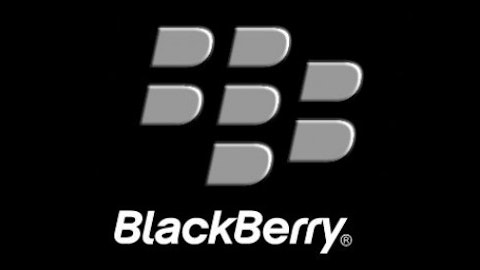Aiming for the living room
If Google is planning to release a console, it definitely won’t be on par with the eighth-generation powerhouses Xbox One and Playstation 4. I believe that Google Inc (NASDAQ:GOOG) will release a much cheaper console, likely near the Ouya’s price range, which will be designed to play casual games which require less demanding hardware. The reason is simple – Google’s long-term goal isn’t really about video games. It’s about taking over living rooms across the world.
Google has attempted several times to take over the living room. Its first effort, Google TV, was an attempt to merge the Internet and television platforms through set-top boxes developed by Sony, Logitech International SA (USA) (NASDAQ:LOGI) and other manufacturers. Several manufacturers, including Sony, Samsung and LG, also released “smart TVs” with the technology already integrated inside.
However, Google TV has suffered the same fate as its predecessors, Microsoft’s WebTV and Apple Inc. (NASDAQ:AAPL)’s Apple TV. There simply isn’t enough of a market for Internet-enabled televisions, since they cost substantially more than regular TVs with larger screens. Watching television is a passive experience, while engaging the Internet is an active one. Attempting to blend the two together often feels like mixing oil with water. Even people who purchase a smart TV reportedly use very few of its web features.
Google TV, take two
However, that hasn’t kept companies from attempting to create the perfect “all-in-one” product for the living room that unifies television, the Internet and gaming. Microsoft’s ambitious Xbox One, which offers all of these features, is proof that the industry considers the living room to be the next great technological battlefield.
If Google Inc (NASDAQ:GOOG)’s Android-powered console is successful at burrowing into living rooms across the world, it could offer many of the Xbox One’s features at a much lower price than the latter’s $499 price tag. Google has a formidable ecosystem in place for gaming, video and audio streaming with Google Play and YouTube. Now it simply needs a viable device to deliver all of this content to consumers on their televisions Considering that Google Android now controls roughly three-fourths of the mobile OS market, the company will have an easier time migrating users over to a gaming console than Microsoft, which is still counting on its Xbox 360 audience to remain loyal.
Let’s not count our eggs before they hatch
Make no mistake, Google’s gaming console could be very disruptive for the gaming industry. However, investors should recall that Google also has a habit of attempting to invest in too many industries at once, often half-heartedly. The gaming industry is a cutthroat one that hasn’t been kind to “half-hearted” attempts to build a market. We only need to see the failures of half-baked products such as the Apple Bandai Pippin, Philips CD-i, Nintendo Virtual Boy and Nokia N-Gage to see what dire fate awaits companies that underestimate the standards of gamers.
Google Inc (NASDAQ:GOOG) definitely has the industry clout to convince Android game developers to create games for its console hardware, which would immediately grant it the software support that Sony and Nvidia lacked with their previous Android gaming efforts. By tapping into the casual gaming market, Google could find the elusive backdoor into the living room that it has long desired.
If Google Inc (NASDAQ:GOOG) is successful, then Microsoft and Sony will be forced to seriously rethink their strategies at approaching games and media consumption in their eighth-generation consoles, and that could dramatically shift the balance of power in the smart TV and gaming markets.
Leo Sun has no position in any stocks mentioned. The Motley Fool recommends Google and NVIDIA. The Motley Fool owns shares of Google and Microsoft.
The article Can Google Disrupt The Console Gaming Industry? originally appeared on Fool.com.
Copyright © 1995 – 2013 The Motley Fool, LLC. All rights reserved. The Motley Fool has a disclosure policy.




